When it comes to debates about gun control, many nations have already taken a different path than the United States. Stricter laws, combined with a focus on public safety, have helped some countries achieve low rates of gun violence. While no system is perfect, these examples show how thoughtful regulations can have a big impact. By looking at these countries, we can better understand how they’ve tackled this complex issue. Let’s explore how these nations have implemented stronger controls and the outcomes that have followed.
Australia
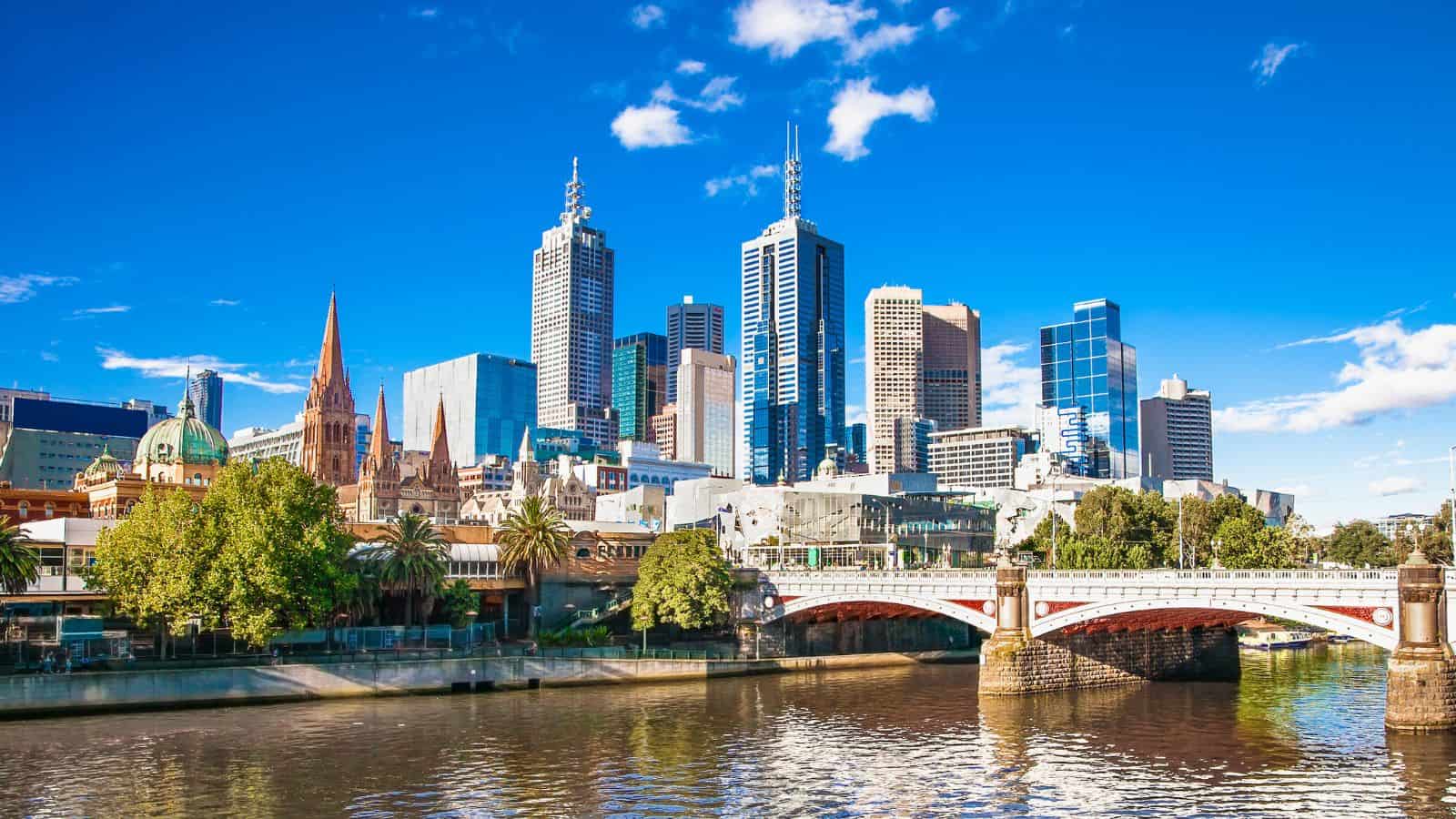
The dramatic changes in Australia’s gun laws after the 1996 Port Arthur massacre have often been called a turning point. This tragedy led the government to implement a gun buyback program, which removed hundreds of thousands of firearms from circulation. Background checks and stricter licensing requirements were introduced, making it much harder to own a gun without a valid reason. Over the years, firearm-related deaths dropped significantly, and the country hasn’t experienced a mass shooting since. The reforms weren’t without controversy, but they’ve become a global example of how decisive action can lead to safer communities.
Japan
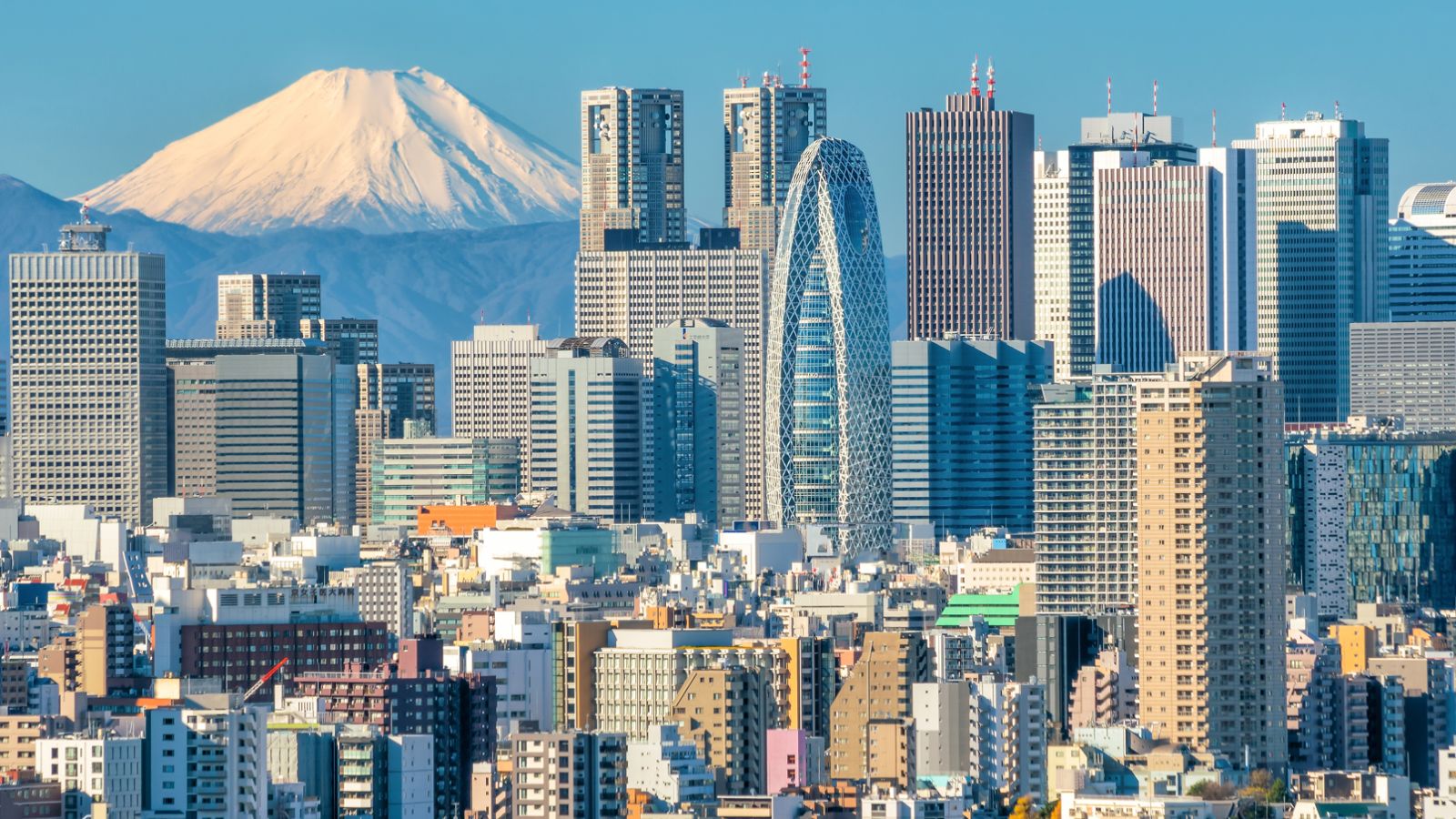
Tight regulations and a rigorous licensing process make Japan one of the safest countries in the world when it comes to gun violence. Obtaining a firearm requires written exams, mental health evaluations, and police checks, with licenses being granted only for hunting or sport shooting. Even after all that, gun owners must renew their licenses regularly and store their weapons securely. This careful approach has resulted in gun deaths being so rare that they make headlines when they happen. Japan’s system might seem extreme to some, but it clearly works in keeping guns out of the wrong hands.
United Kingdom
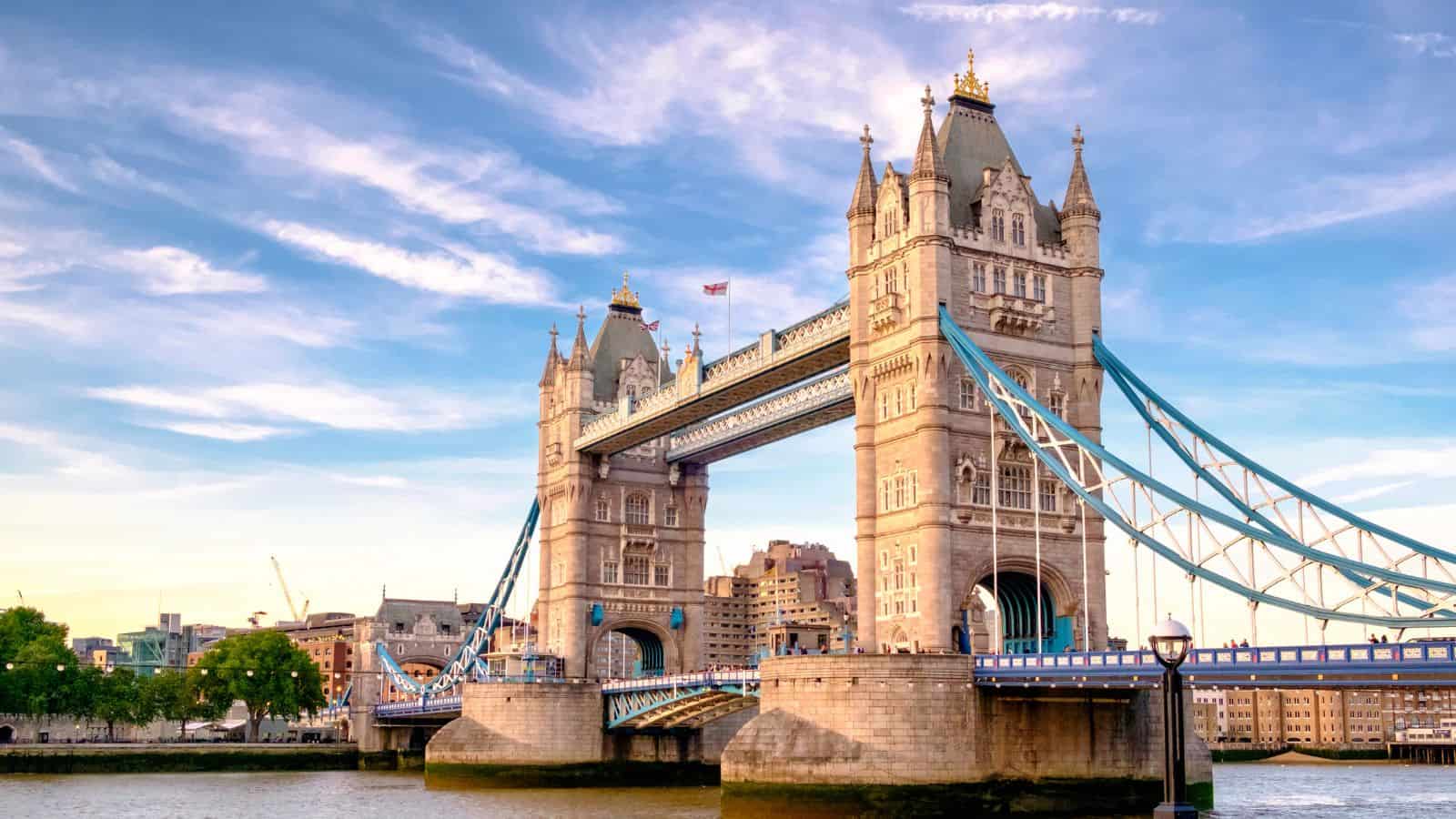
After the 1996 Dunblane school shooting, the UK made sweeping changes to its gun laws, including a near-total ban on handguns. Citizens are required to go through strict background checks and justify the need for owning firearms, with very few exceptions. Since these reforms, the UK has maintained one of the lowest rates of gun-related deaths in the world. Unlike in many countries, most police officers don’t carry firearms, which reflects the general absence of gun violence. For many Britons, the safety that comes with stricter laws outweighs any arguments for looser regulations.
Canada
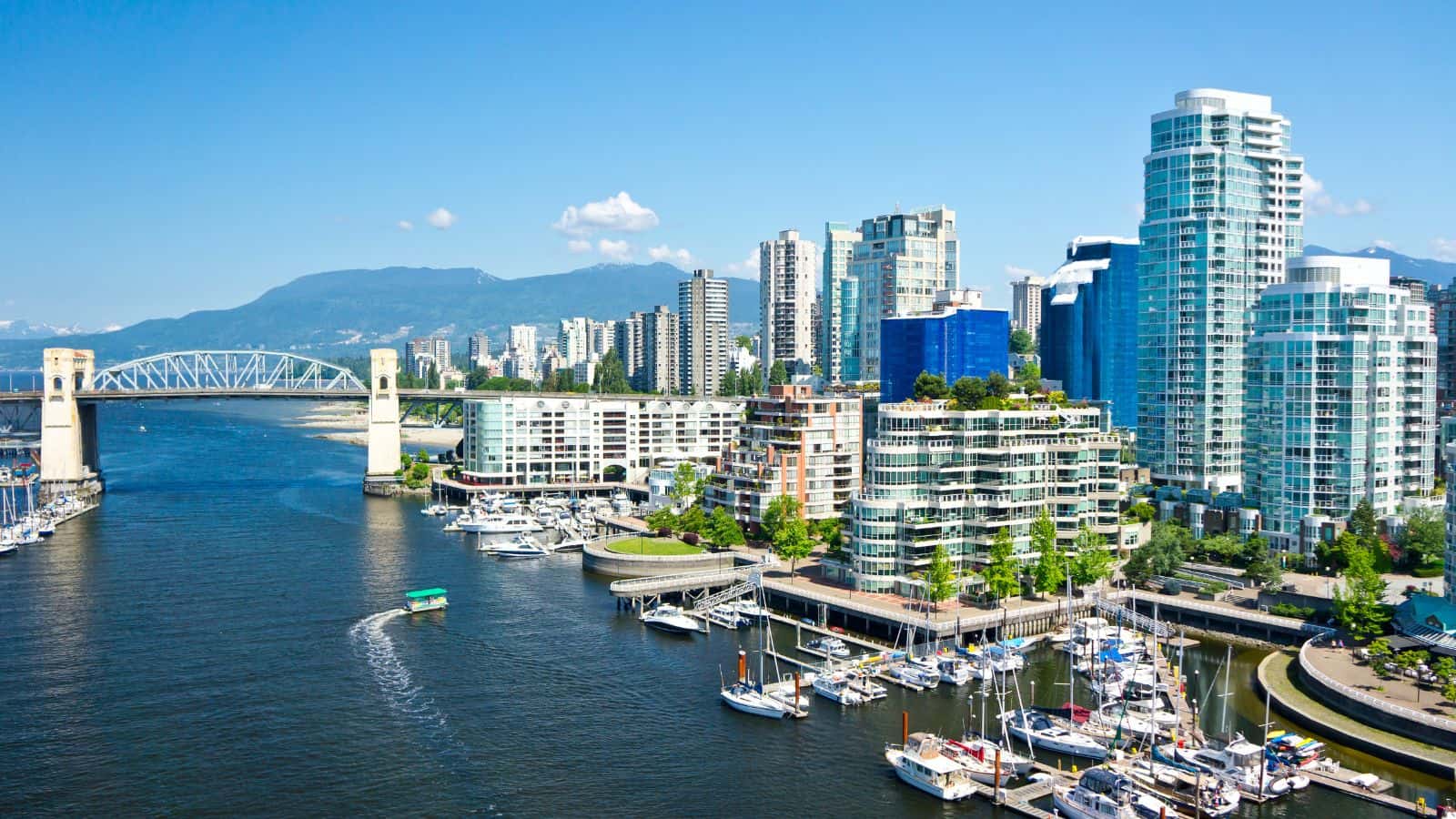
It’s not just the snowy landscapes that make Canada distinct—its approach to gun control sets it apart too. Strict licensing procedures, including background checks and mandatory safety courses, help ensure that gun ownership is carefully regulated. Certain types of firearms, like assault-style rifles, are banned, while others require extensive paperwork. Although hunting and sport shooting are popular, gun-related violence remains far lower than in countries with more relaxed laws. Canadians generally see their system as a middle ground, where responsible ownership is possible without compromising public safety.
New Zealand
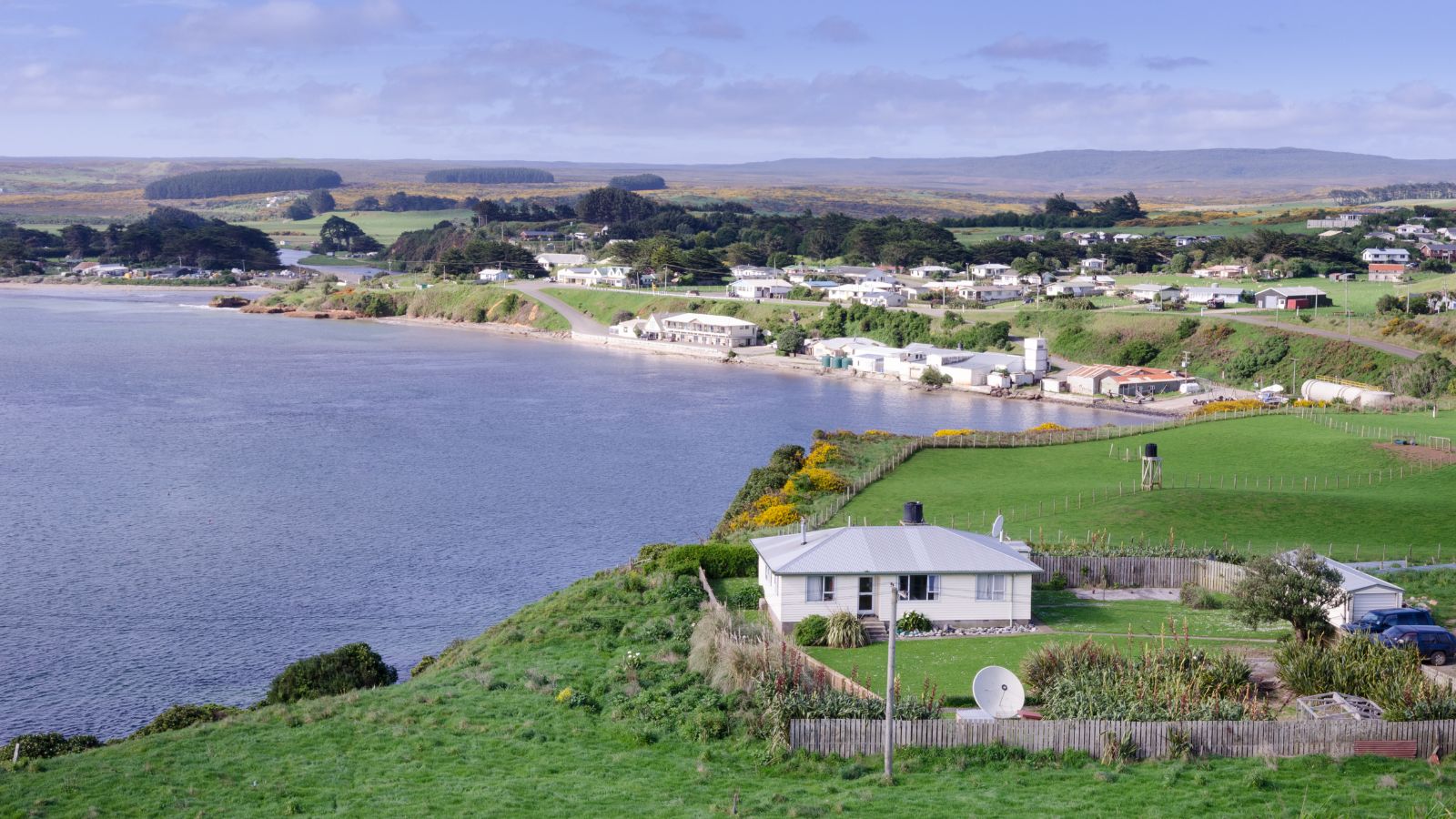
In 2019, New Zealand responded quickly and decisively to a mass shooting, introducing tighter restrictions on semi-automatic firearms. A buyback program was launched to remove these weapons from circulation, and new licensing rules were put in place. The country’s gun laws were already stricter than in many other nations, but this rapid action showed the government’s commitment to preventing future tragedies. For New Zealanders, the changes weren’t about eliminating guns entirely but rather ensuring they’re only in responsible hands. The swift reforms demonstrated how proactive policies can prioritize safety without much public resistance.
Germany
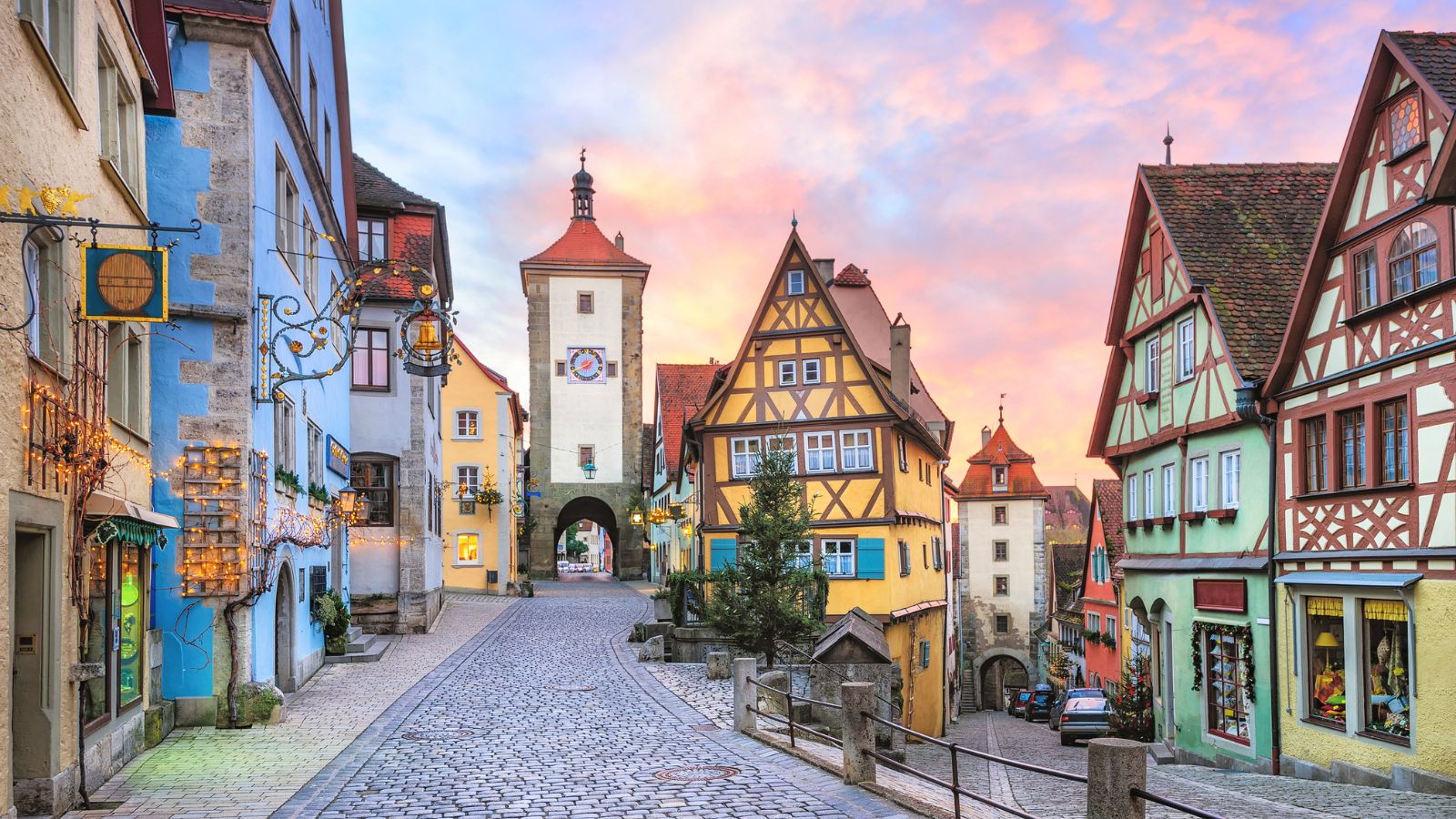
Regulations in Germany are thorough and leave little room for error. Background checks, psychological evaluations, and required training courses are just part of the process for obtaining a firearm. Gun owners must also provide a legitimate reason, such as hunting or sports shooting, to qualify for a license. These measures have contributed to Germany’s low rates of gun-related crime, making it one of the safer countries in Europe. The careful balance between access and regulation ensures that firearms are used responsibly, and the system has broad public support.
Norway
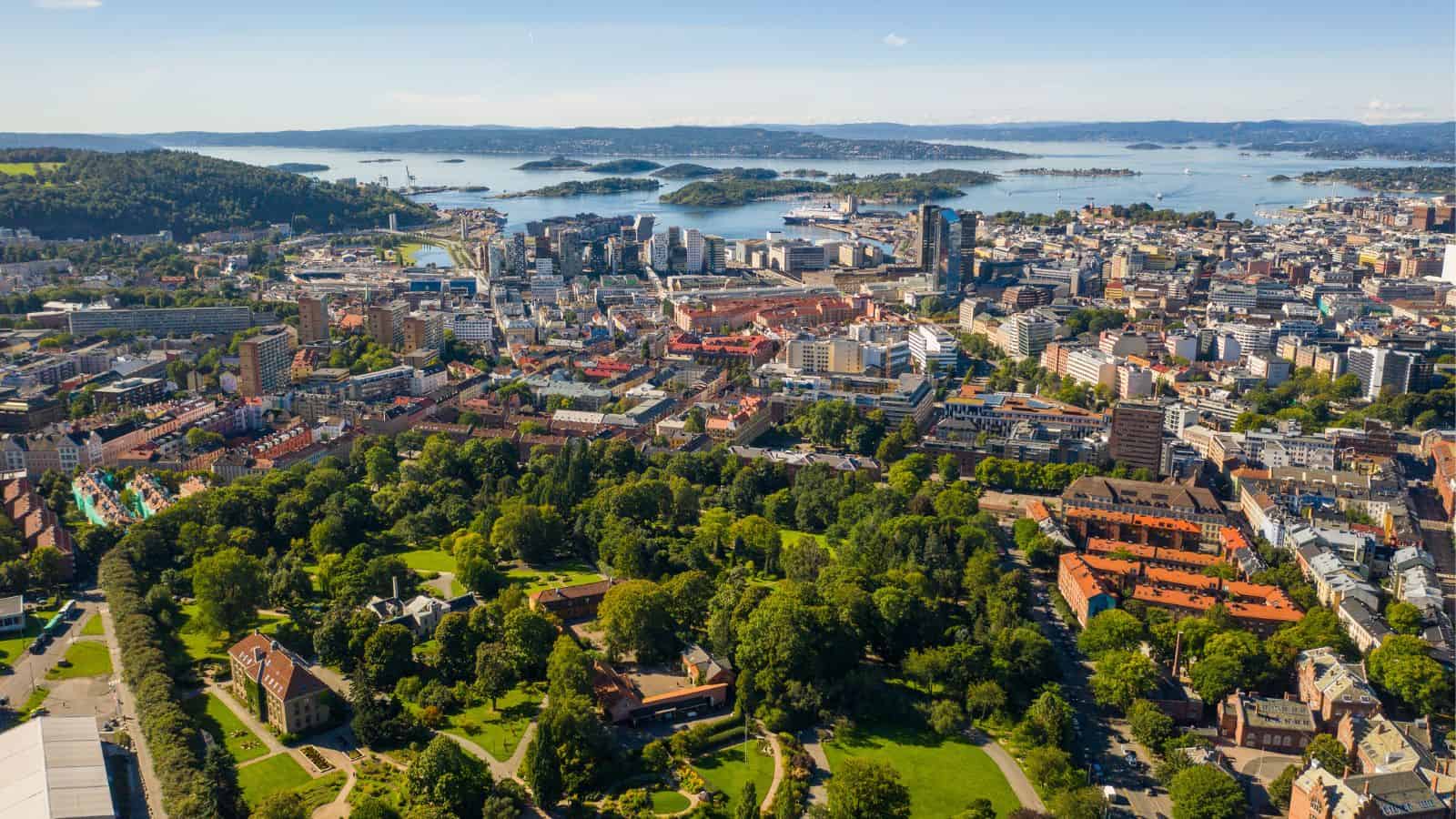
With one of the highest rates of gun ownership in Europe, Norway proves that strict regulation doesn’t mean banning guns entirely. Hunting is a way of life for many Norwegians, but owning a firearm involves extensive licensing, background checks, and training. The country’s laws are designed to limit access to weapons that could cause mass harm, and this approach has been largely effective. While the 2011 attacks were a devastating exception, Norway’s low gun violence rates overall highlight how careful policies can make a difference.
South Korea
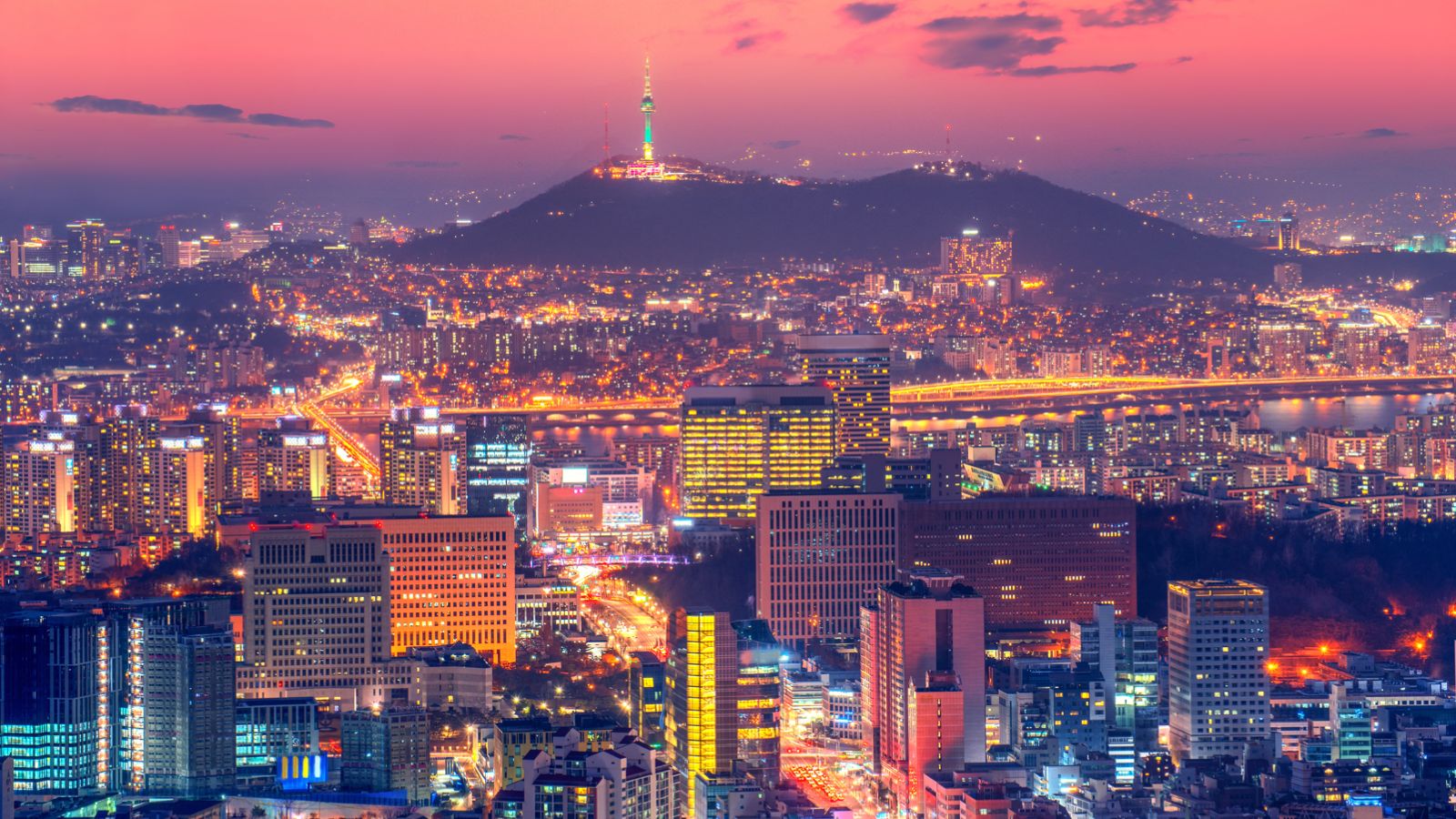
Tight restrictions on private gun ownership make South Korea one of the safest countries in the world when it comes to firearms. Guns are heavily regulated, with most being stored at police stations when not in use. Licensing requires background checks, psychological evaluations, and ongoing inspections. The result is an extremely low rate of gun-related deaths, with most citizens feeling no need to own a firearm for personal protection. For South Koreans, strict laws are just part of daily life, creating a sense of security that many other nations strive for.
Singapore
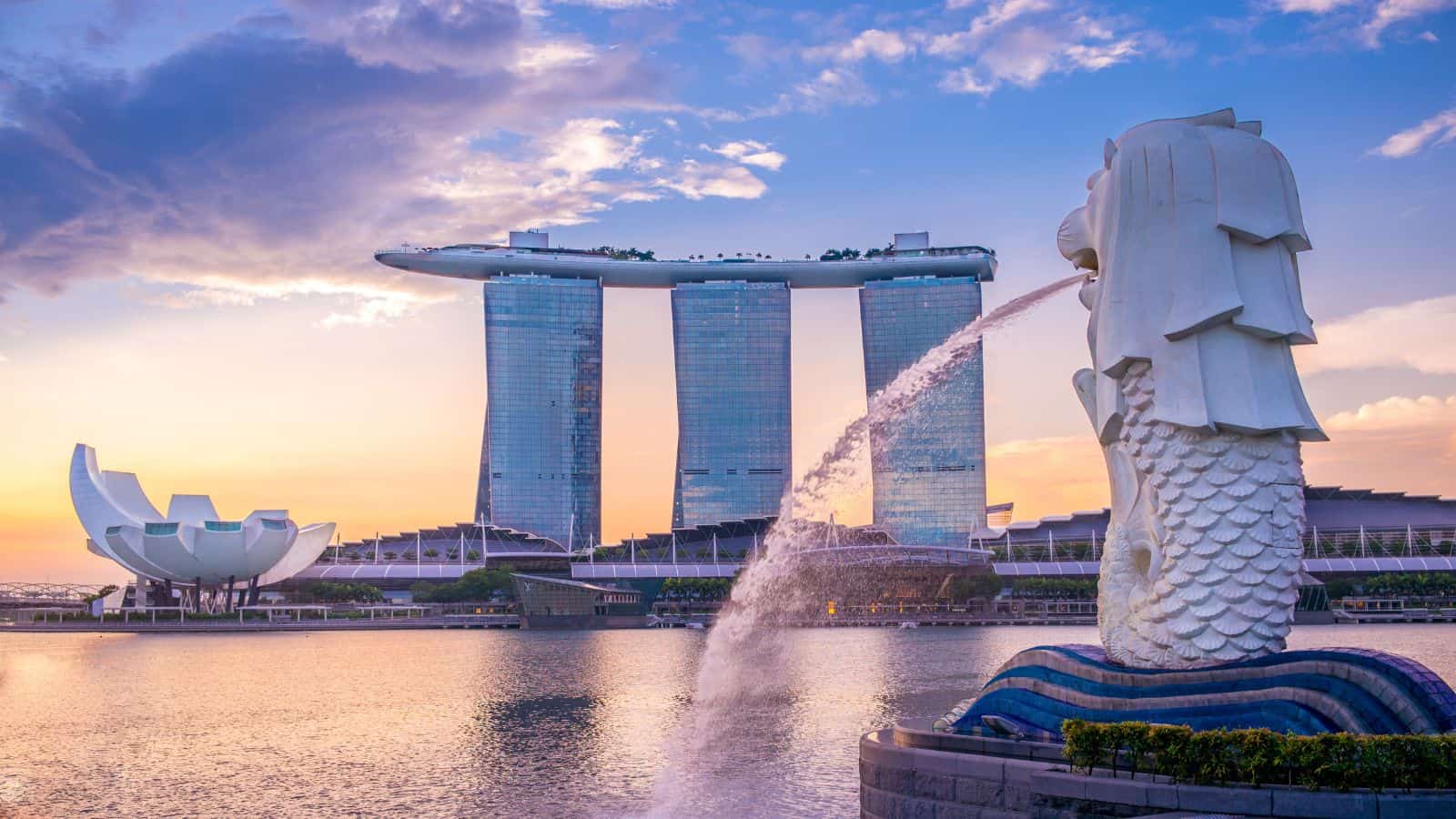
Few places take gun control as seriously as Singapore. Firearms are almost entirely banned, and illegal possession carries harsh penalties. These strict measures have led to an almost complete absence of gun violence, making the city-state one of the safest in the world. While the approach might seem extreme to some, residents generally support the regulations, as they create a sense of security that’s hard to find elsewhere. By tightly controlling access to firearms, Singapore has shown how effective a zero-tolerance policy can be.
Sweden
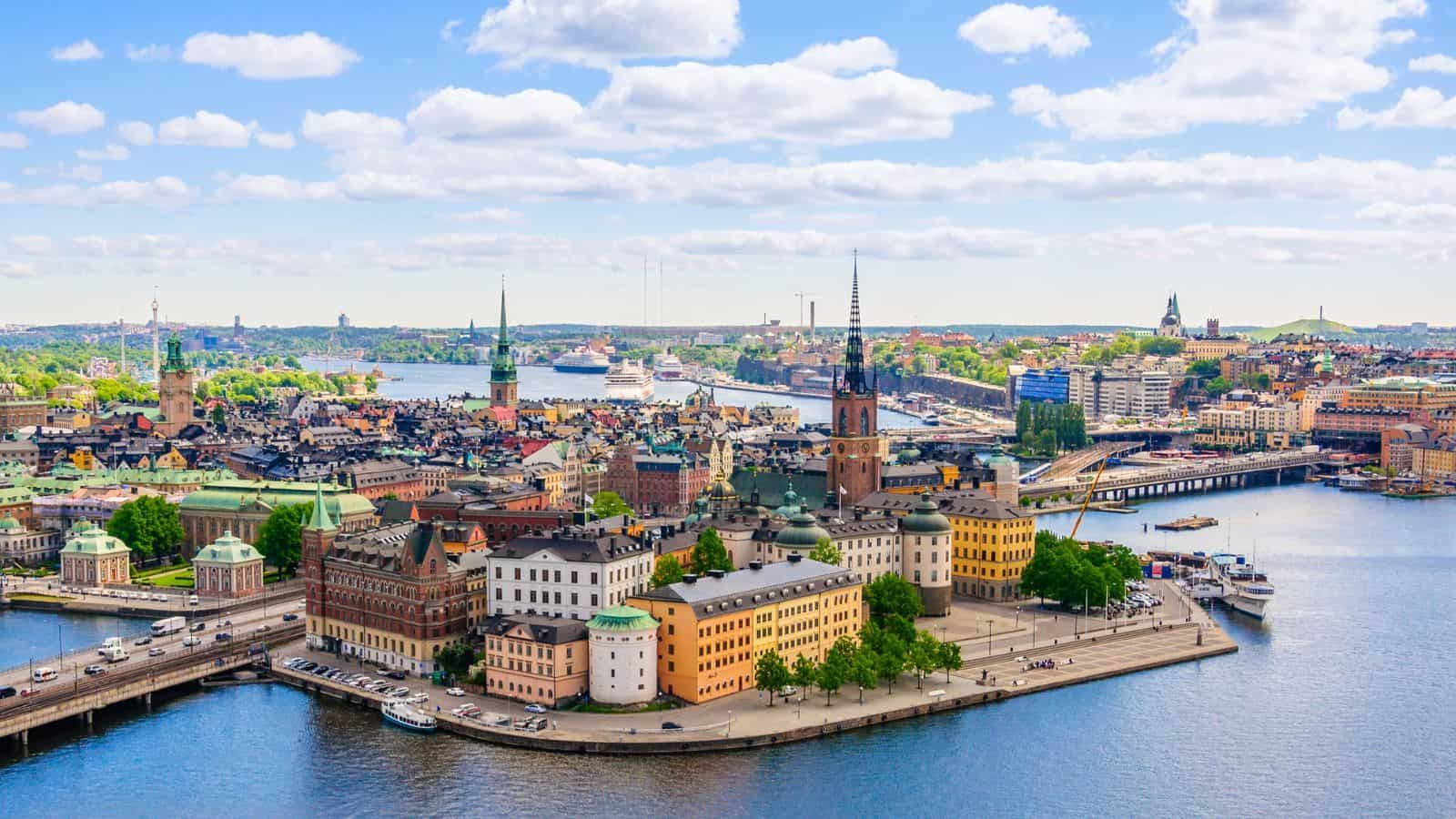
Stricter laws and a focus on safety have made Sweden a standout example in Europe. While the country has a strong hunting tradition, firearms are tightly regulated. Background checks, mandatory training, and a valid reason for ownership are all required. Automatic and semi-automatic weapons are heavily restricted, and gun licenses must be renewed regularly. Despite its relatively high number of gun owners compared to some countries, gun violence in Sweden remains low. For Swedes, the balance between preserving a hunting culture and prioritizing public safety seems to work well.
Finland
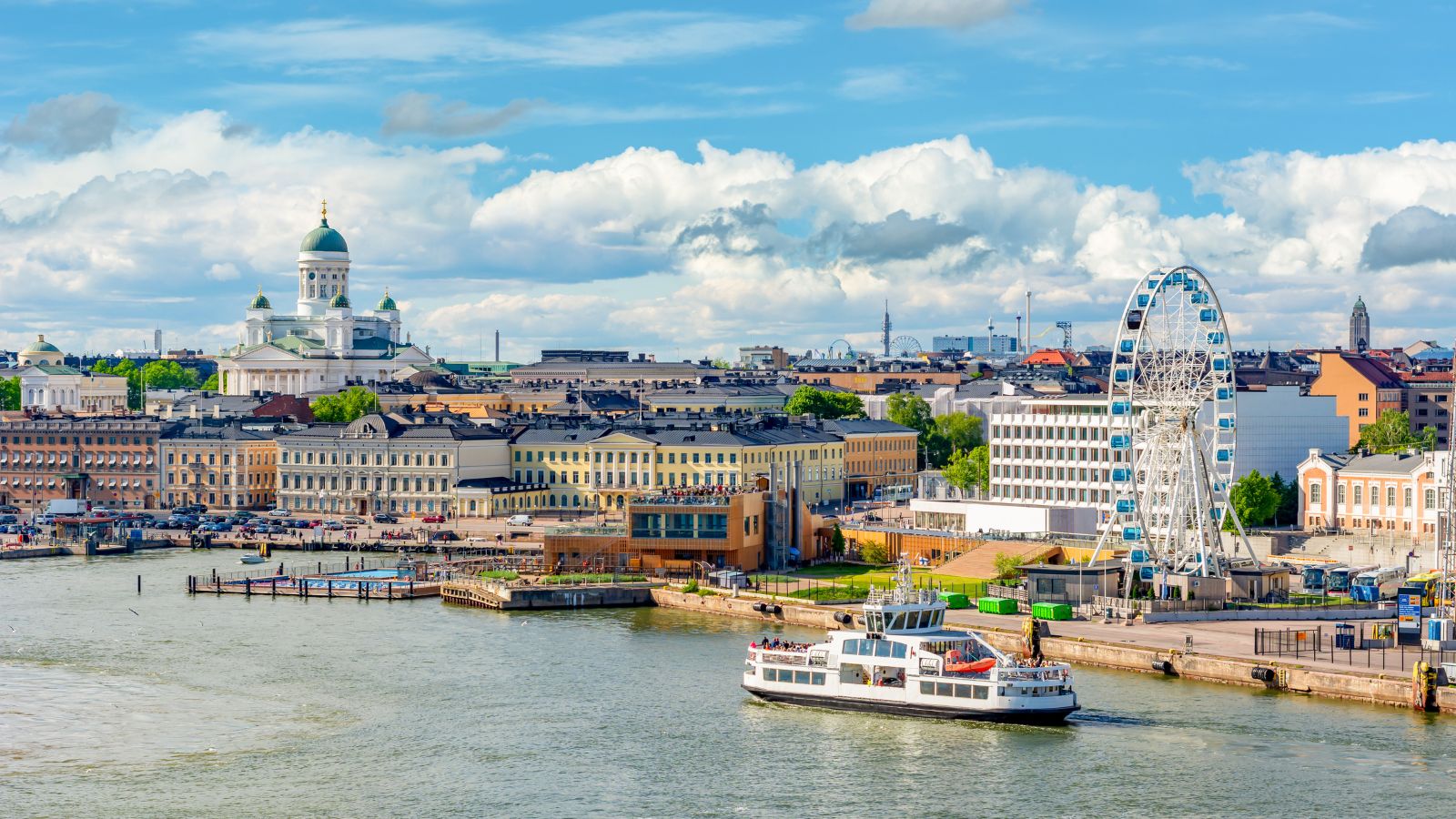
In Finland, hunting is a cherished tradition, but gun ownership comes with serious responsibility. To own a firearm, residents must pass strict background checks and provide evidence of their need, such as hunting or sports shooting. Training is mandatory, and licenses are granted only after careful evaluation. Finland’s approach focuses on ensuring guns are used responsibly while minimizing risks to public safety. Even with a relatively high rate of gun ownership, firearm-related violence remains rare. For Finns, the system reflects a culture of respect for both the law and firearms.
Iceland
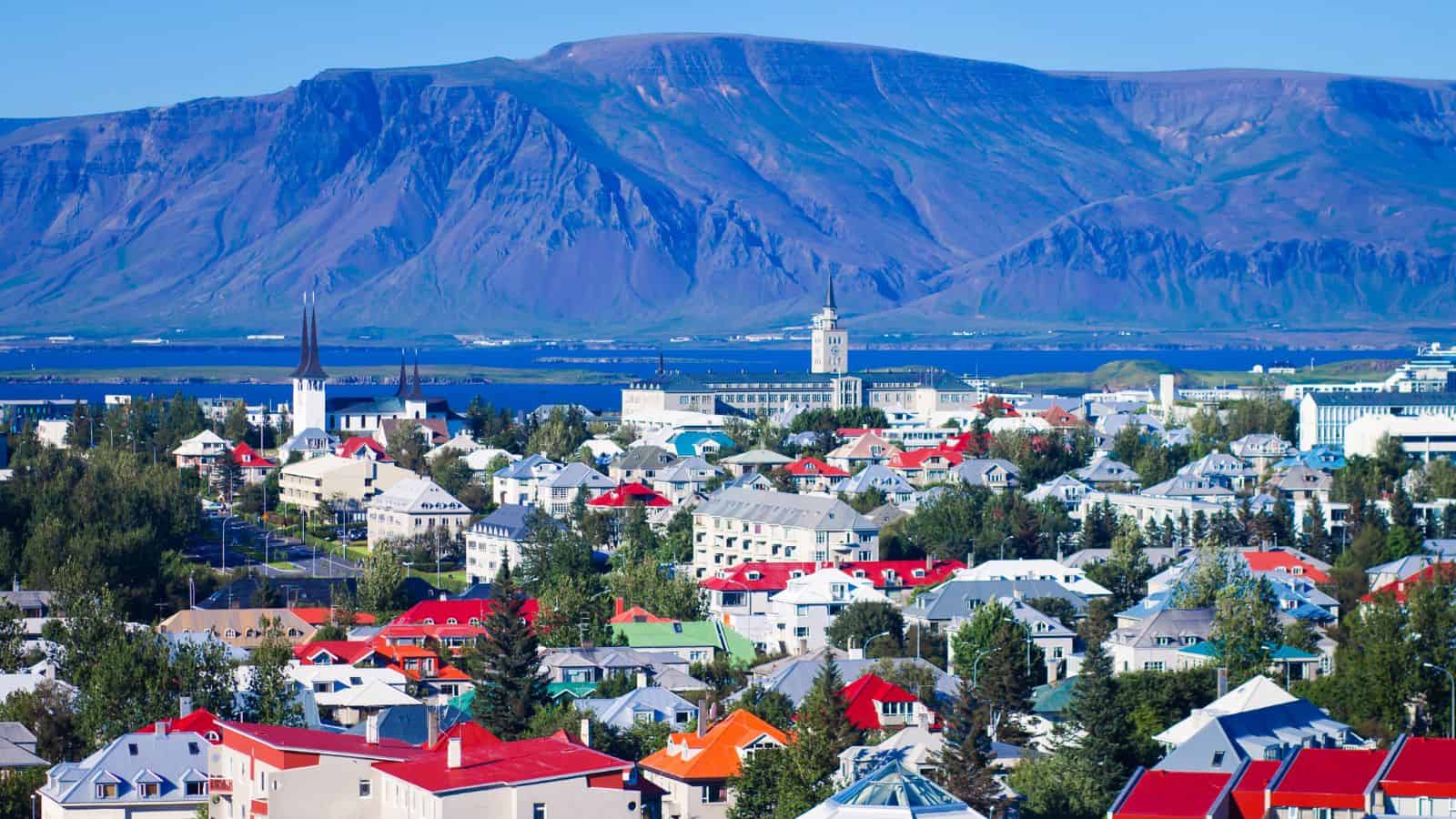
Iceland might not be the first place you think of when it comes to gun ownership, but it’s home to one of the most peaceful populations with strict firearm regulations. Guns are mainly used for hunting, and the process to obtain one is thorough. Applicants must complete background checks, pass mental health evaluations, and attend safety training before receiving a license. Despite these requirements, Icelanders don’t seem to mind. With one of the lowest crime rates in the world, the country demonstrates how strict controls can coexist with responsible gun ownership.
Denmark
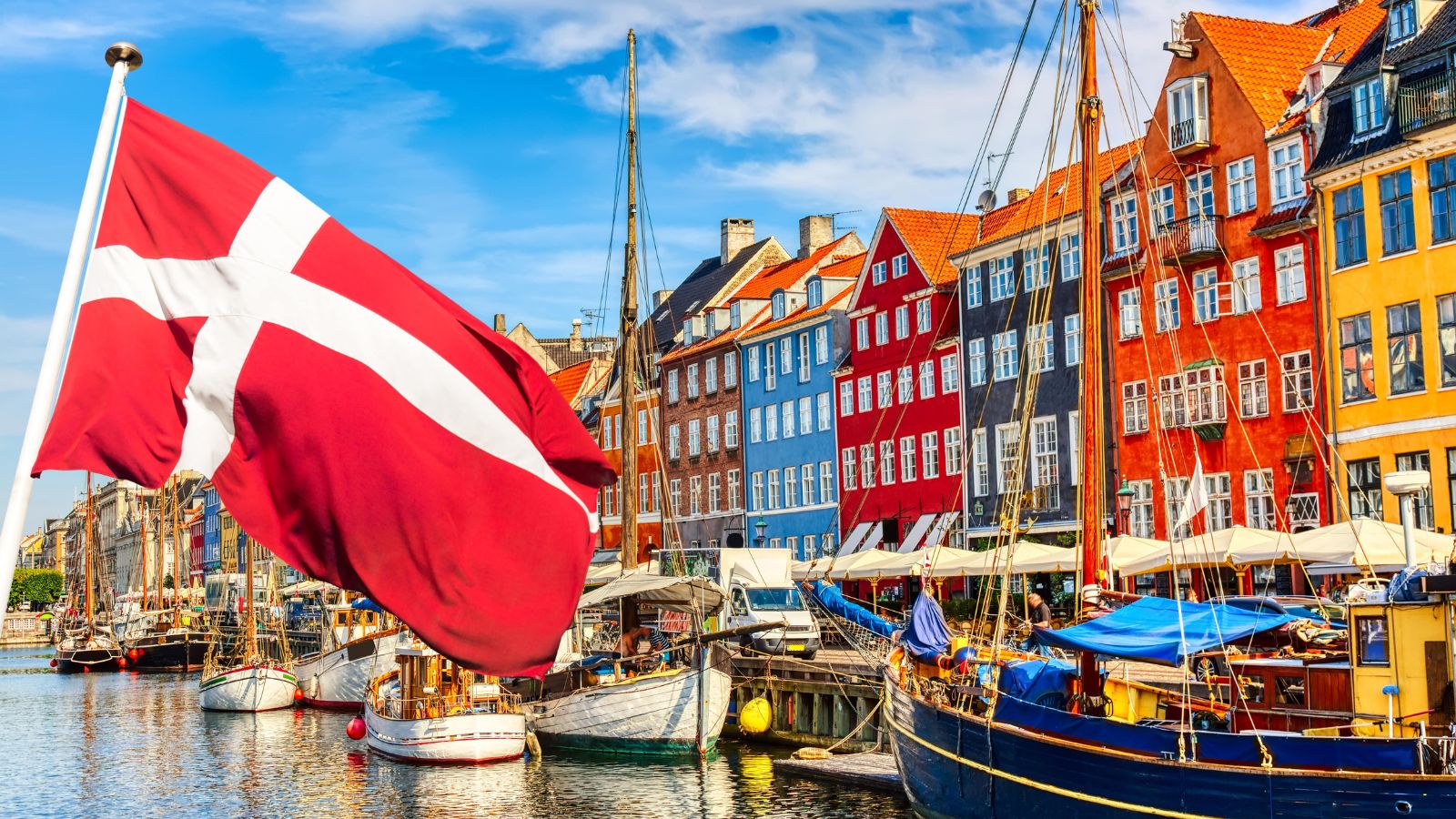
Denmark’s approach to gun laws is another example of how strict regulations can lead to safer communities. Firearms are primarily reserved for hunting and sports, with licenses requiring background checks and police approval. The process ensures that only those with legitimate needs and proper training can own a gun. As a result, gun violence in Denmark is extremely low, and citizens enjoy a sense of safety that comes with these laws. For many Danes, the trade-off between stricter rules and public security is worth it.
Switzerland
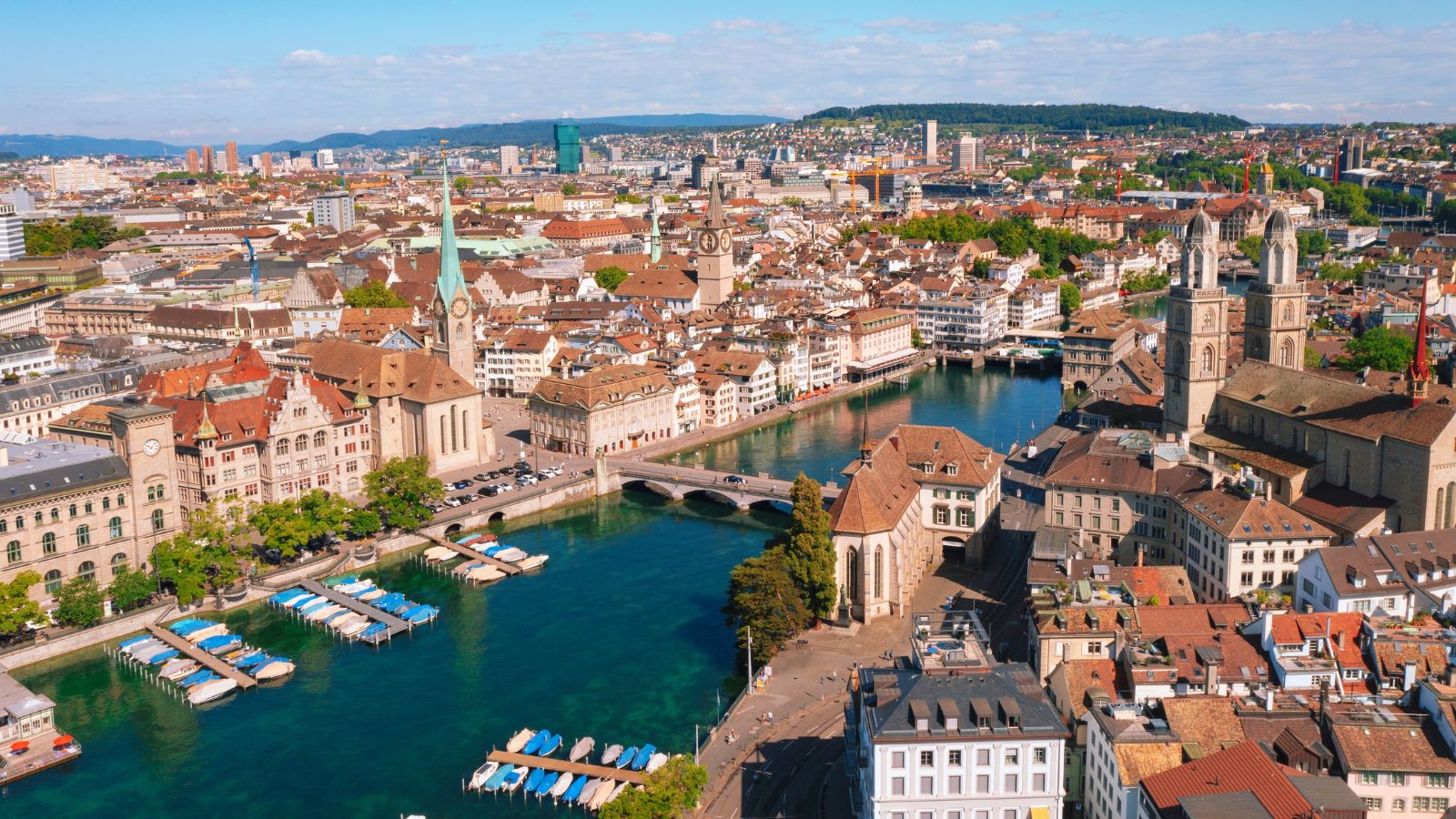
Although Switzerland has a reputation for widespread gun ownership, its regulations are far stricter than many people realize. Military service requires individuals to keep their issued firearms, but they’re closely monitored, and ammunition is stored separately. Private gun ownership involves extensive background checks, licensing, and training. Despite a strong gun culture rooted in tradition, firearm-related crime is rare. The Swiss approach shows how responsible ownership, combined with thoughtful laws, can result in a safe environment without completely restricting access.
Portugal

Portugal’s gun laws reflect a strong emphasis on public safety. Firearms are allowed for specific purposes like hunting, but the licensing process involves thorough background checks and psychological evaluations. Semi-automatic weapons and handguns are heavily restricted, with ownership requiring ongoing compliance with strict regulations. The country’s low rates of gun violence are a testament to the effectiveness of these measures. For most Portuguese citizens, the balance between individual rights and collective security is a system they trust and appreciate.
Ireland
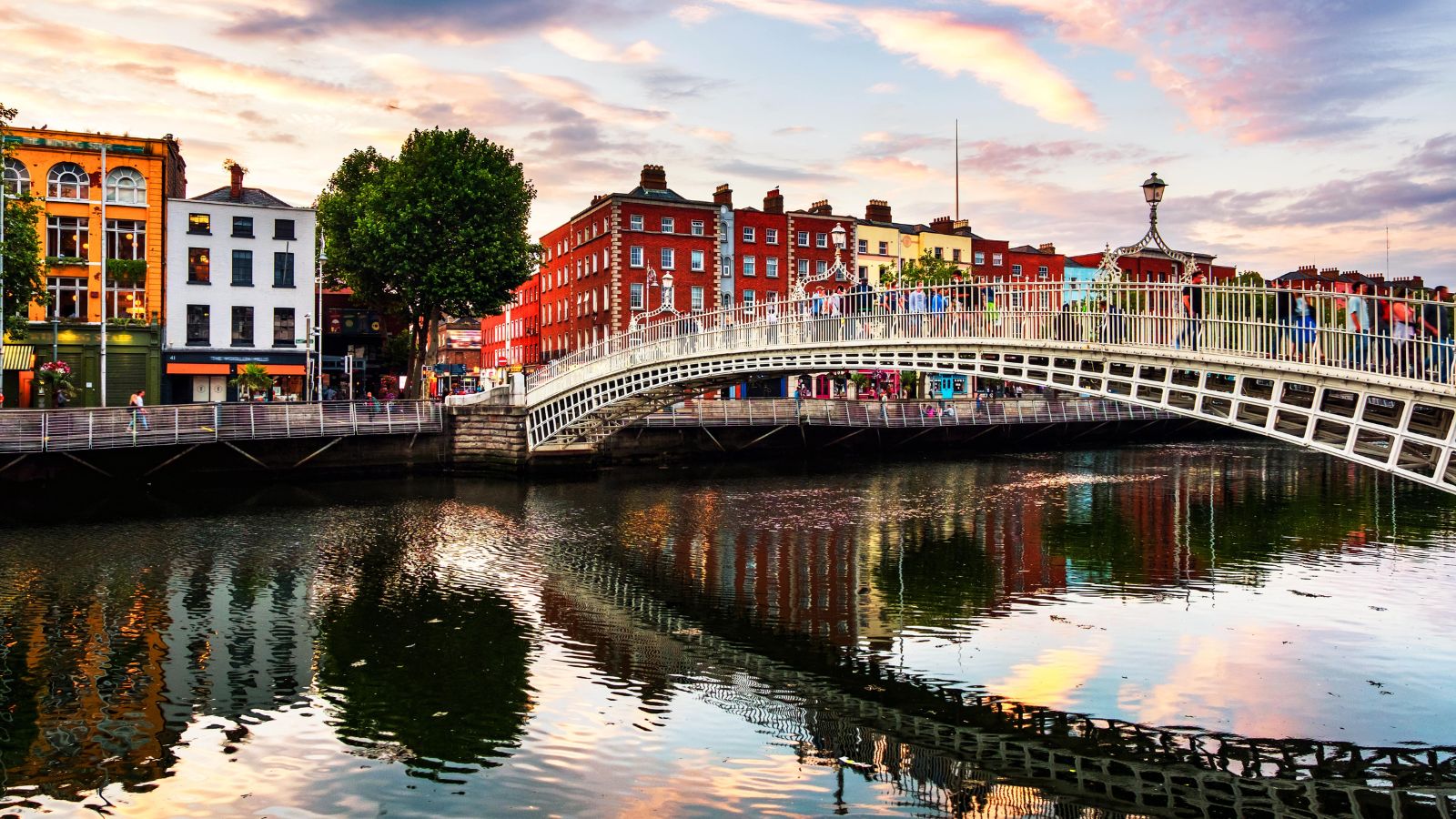
Strict gun laws in Ireland make firearms a rarity for most citizens. Licenses are granted only for hunting or sports shooting, with applicants undergoing background checks and police interviews. Guns must be stored securely, and automatic or semi-automatic weapons are not permitted for private ownership. The result is a country where gun-related incidents are exceptionally rare. For many Irish people, the emphasis on regulation over availability has created a safer environment, with little public demand for looser laws.
Netherlands
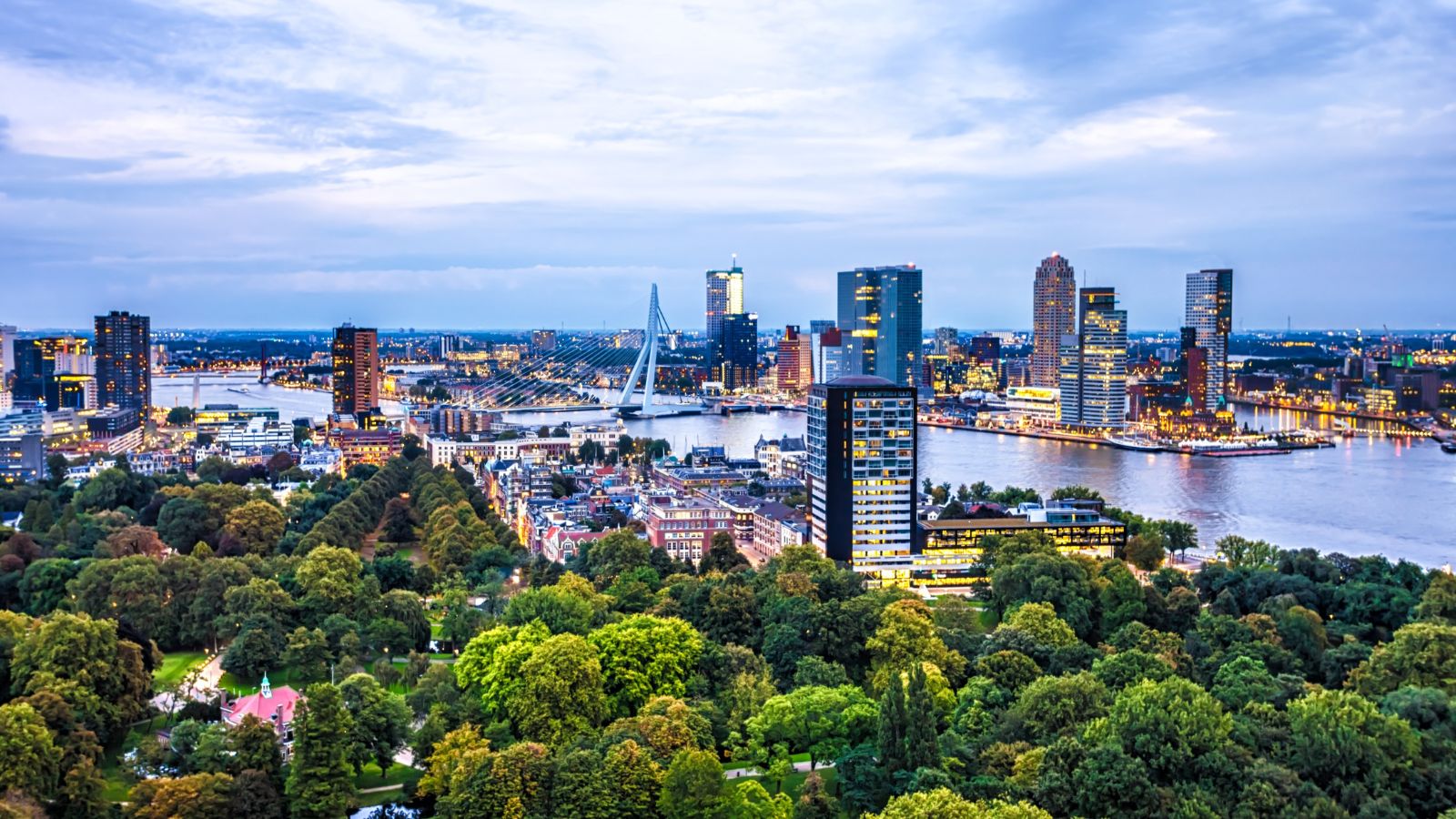
The Netherlands offers a structured and cautious approach to gun ownership. Firearms are generally reserved for hunting or sports, with applicants required to pass background checks, psychological evaluations, and training courses. Licenses must be renewed regularly, and guns must be stored securely. These laws have contributed to low levels of gun violence and a sense of safety among citizens. For the Dutch, the system strikes a balance that allows for limited access while prioritizing the well-being of the public.
Israel
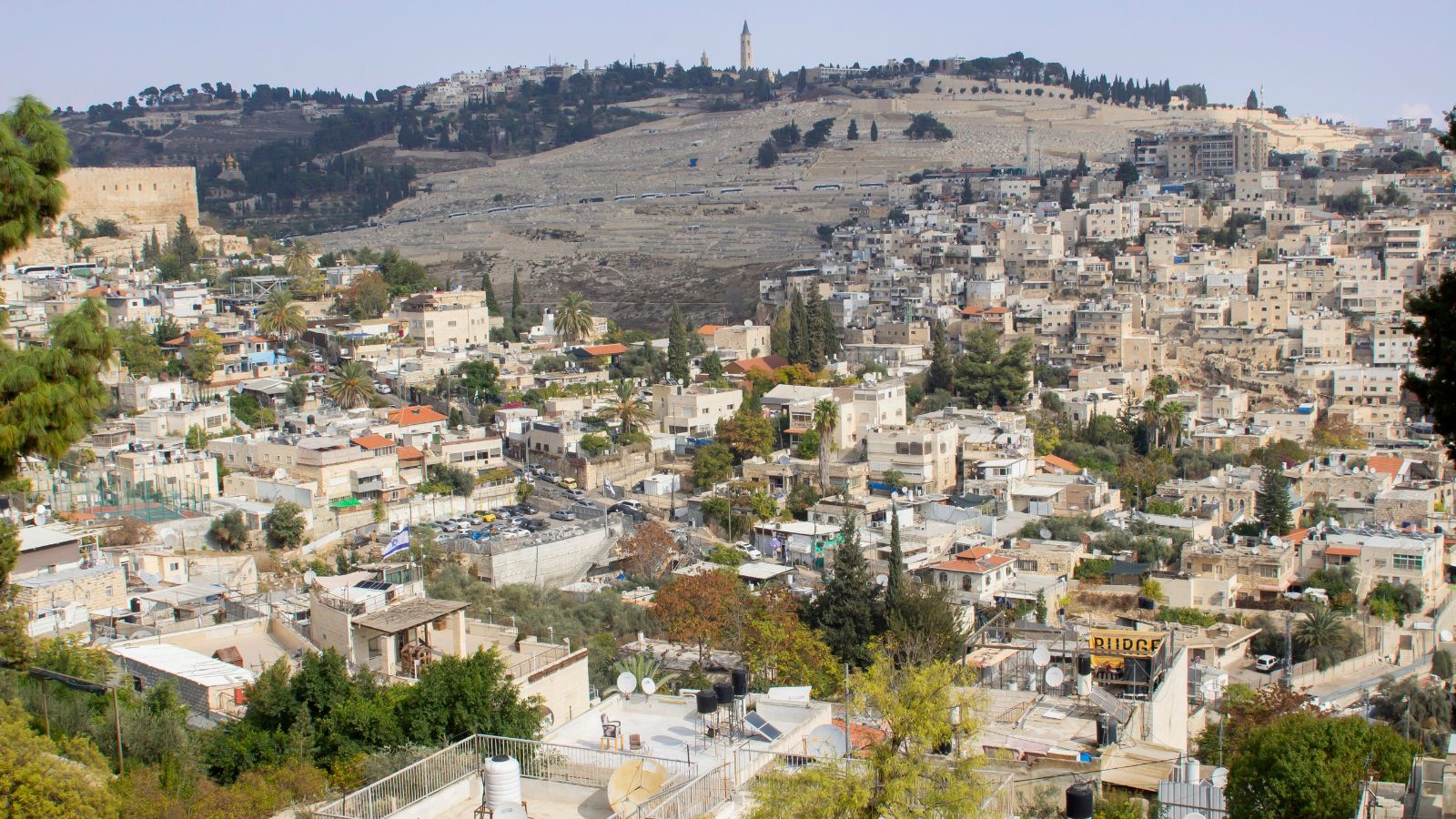
Israel’s gun laws are often misunderstood, but they are among the strictest in the world despite the country’s security needs. Civilians must meet strict criteria, including background checks, mental health evaluations, and proof of a specific need, such as working in security or living in high-risk areas. Even with a license, gun owners are limited to a small amount of ammunition. The strict regulations have helped maintain low levels of gun violence, even in a region where security concerns are high. Israel’s system highlights how regulation and access can be carefully balanced.
